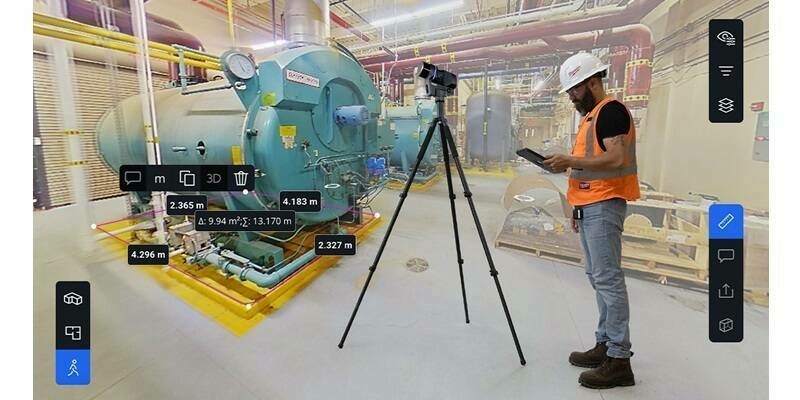GeoPlace has launched a new service to work with councils to provide a targeted report on properties missing from their business rates registers.
Most councils have a ratings shortfall, business rates that should be collected but for one reason or another aren’t. GeoPlace’s new service will help councils identify these gaps in the collection of non-domestic rates, resulting in an improved ratings list for councils.
In October 2015, the Government announced its intention to enable local government to retain all business rates raised locally. At present, local government retains 50% of business rates locally and is working with central government on ways in which councils can be given greater control over their income going forward, the idea being to incentivise councils to grow their tax base by adopting pro-development planning practices supporting economic growth.
With its new service, GeoPlace uses its expertise in data mining and analytics to undertake an in-depth audit of council held data to strip out the ‘possibles’ and provide the ‘probables’ of properties missing from the business rates register. By returning a qualified list with minimal false positives, officer time is reduced during follow-up investigations.
Simon Bleckly, Audit and Counter Fraud Officer at Salford City Council said “GeoPlace delivered a report which our business rates team readily accepted. This helped us to confirm confidence in our register as well as find the ‘needles in the haystack’ properties which were missing from our records. We gave GeoPlace a brief to minimise the number of false-positives in the report – thus minimising the amount of resource required on our part – and GeoPlace delivered.”
Simon Barlow, GeoPlace’s Executive Director of Consultancy said “Being 50% owned by the Local Government Association, GeoPlace has strong existing relationships with councils in England and Wales. Having worked with every council in the country to build and maintain a central hub of 42 million addresses and 1.39 million streets to create the National Address and National Street Gazetteers, we have a deep understanding of property data. These datasets draw on almost 95 million records from several authoritative government property and address databases, including the Valuation Office Agency, with which we work with on a weekly basis to match its data against the National Address Gazetteer. This means that we are well qualified to apply our expertise to help councils identify properties missing from their ratings lists.”
Subscribe to our newsletter
Stay updated on the latest technology, innovation product arrivals and exciting offers to your inbox.
Newsletter

